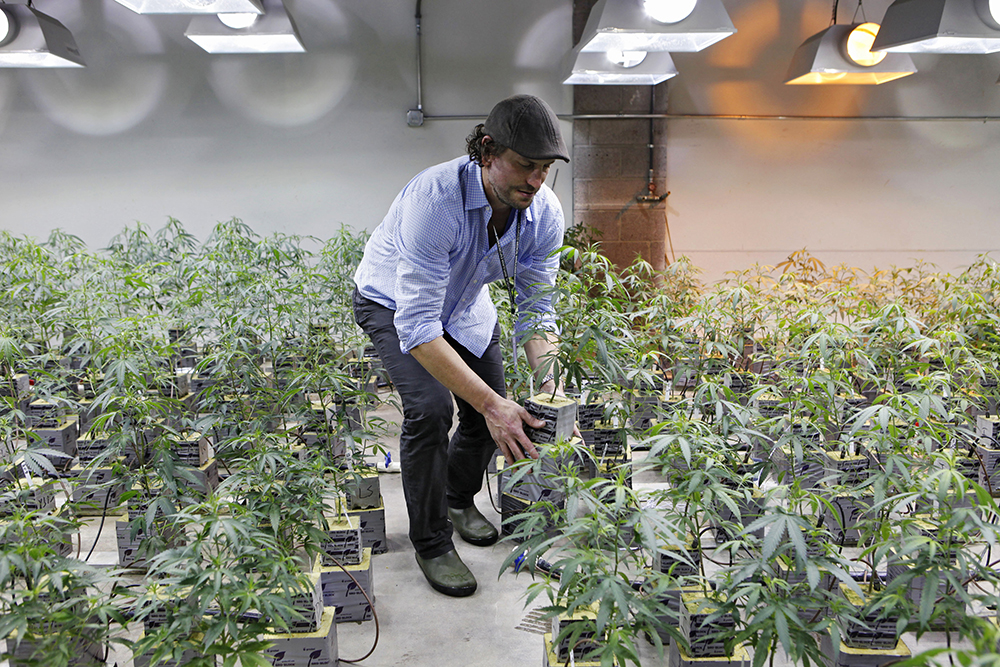
(Ed Andrieski/AP)
Here’s another weird side effect of the government’s balancing act when it comes to weed that is newly legal in two states: the FBI will run background checks for Colorado, but it won’t for Washington, according to the Associated Press.
Both states want the checks on prospective marijuana business owners because they want to keep organized crime out of the newly legal industry. The fact that the FBI will help one and not the other underscores the bizarre position the feds find themselves in.
The federal government’s response to the legalization laws in both states was critical to their success. The administration could have fought legalization, but it didn’t. In late August, Deputy Attorney General James Cole released a now-famous memo urging federal prosecutors to focus their “limited” resources on more serious violations when it comes to legal pot. The subtext was fairly clear: We won’t go after your new laws as long as you legalize pot safely. The trouble is background checks would help states do just that. The AP summed it up nicely:
The Obama administration has said it wants the states to make sure pot revenue doesn’t go to organized crime and that state marijuana industries don’t become a cover for the trafficking of other illegal drugs. At the same time, it might be tough for the FBI to stomach conducting such background checks — essentially helping the states violate federal law.
The government is basically telling Washington to keep crime out of legal marijuana but without the help of the FBI, which, by the way, is helping Colorado.
AP asked FBI about the discrepancy. The agency directed comment to the Department of Justice, which only issued a written statement saying “the department has been reviewing its background check policies, and we hope to have guidance for states in the near term.”
The AP report unveils a strange inconsistency is the federal government’s approach, but even some efforts to add clarity haven’t worked out. For instance, all businesses, including pot dispensaries, need banks. The problem is banks are banned from supporting illegal activity. The government issued guidance last month that, as with the Cole memo, suggested it would look the other way, but banks are still reluctant until the drug is legalized federally.
“[G]uidance or regulation doesn’t alter the underlying challenge for banks,” American Bankers Association President Frank Keating said in a statement last month. “As it stands, possession or distribution of marijuana violates federal law, and banks that provide support for those activities face the risk of prosecution and assorted sanctions.”
States can legalize pot, but businesses will have to deal with various kinds of uncertainty unless the federal government does, too.









